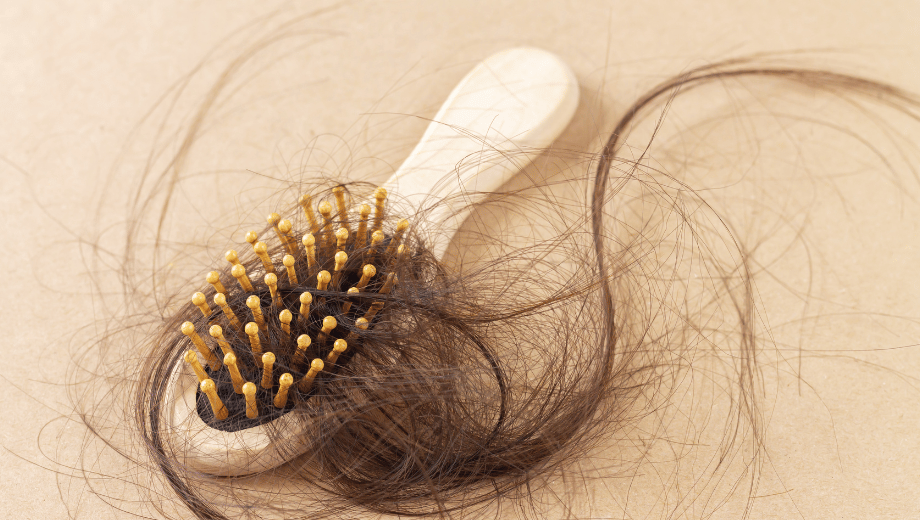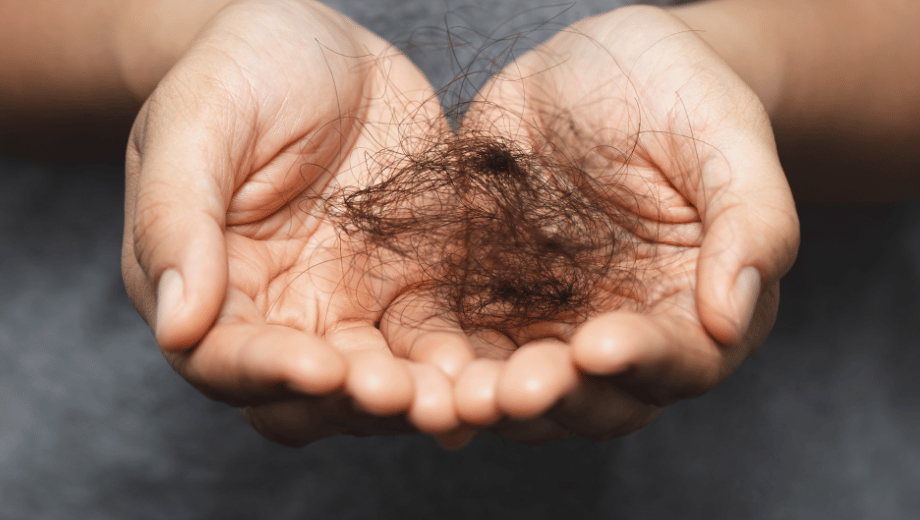Hair loss is a common concern for many adults, affecting both men and women at various stages of life. While some individuals may experience only minimal thinning, others face more significant hair loss that can impact their self-esteem and well-being. Understanding the root causes of this problem is crucial, as it helps in identifying appropriate treatments and solutions. Factors such as genetics, stress, hormonal changes, and medical conditions contribute significantly to hair loss. Environmental influences, lifestyle choices, nutritional deficiencies, and even certain medications can play a role in triggering or accelerating the condition. By examining these contributing factors closely, individuals gain a clearer picture of why hair loss occurs and what steps they can take to address it. Armed with this knowledge, they can make informed decisions and take proactive measures to mitigate its effects, improving both their hair health and their confidence.
Recognizing Hair Loss Types
Understanding the various types of hair loss is crucial for effective management. There are several forms of hair loss, each with distinct characteristics, causes, and treatments. Identifying whether one is experiencing issues like traction alopecia, which results from hairstyle stress, or pattern baldness can inform better care solutions. Awareness of these hair loss forms enables individuals to seek targeted therapies to address their specific conditions. The ongoing research sheds light on these aspects, allowing for better comprehension and management of hair health as individuals navigate these challenges.
Genetics and Heredity
A significant factor influencing hair loss is genetic predisposition. Conditions like androgenetic alopecia, commonly known as male or female pattern baldness, are hereditary and can manifest at any age. Studies indicate that approximately 70% of men and nearly 50% of women will experience some degree of hair thinning due to genetic factors by the age of 50. This inherited form of hair loss typically begins with a receding hairline or thinning crown in men, while women often notice broader scalp visibility as hair becomes less dense. Understanding the genetic background can help individuals anticipate and manage their hair health.
Hormonal Changes
Hormonal fluctuations can cause alarming changes in hair growth. For women, factors such as pregnancy, menopause, and medical conditions like polycystic ovary syndrome (PCOS) can trigger hair thinning. During pregnancy, increased estrogen levels can keep hair in the growth phase longer, but hair often sheds post-partum when hormone levels normalize. For men, dihydrotestosterone (DHT), a derivative of testosterone, can shrink hair follicles and contribute to hair loss. It’s vital to recognize these hormonal influences as they can vary significantly throughout life, affecting when and how one may experience hair loss.
Stress and Lifestyle Factors
Stress is often considered a contributing factor to hair loss. Individuals may notice that periods of significant stress, whether from personal issues, work-related problems, or traumatic events, can lead to shedding. This condition, known as telogen effluvium, causes hair roots to enter a resting phase prematurely, leading to noticeable thinning. Lifestyle factors such as poor diet, lack of exercise, and harmful habits like smoking can worsen hair conditions. Nutritional deficiencies, particularly of vitamins and minerals vital for hair health, can emerge from an unbalanced diet. Ensuring a well-rounded diet rich in antioxidants and proteins is vital for sustaining hair health.
Medical Conditions and Treatments
Certain medical conditions and their treatments can lead to hair loss. Autoimmune diseases, such as alopecia areata, cause the immune system to attack hair follicles, resulting in sudden hair loss. Other conditions like thyroid disease, lupus, and iron-deficiency anemia can significantly impact hair growth. It’s also important to consider the effects of treatments for these medical issues. Chemotherapy drugs are notorious for causing hair loss, affecting individuals physically and emotionally. Identifying these underlying conditions through medical consultations can lead to tailored treatments that address both the disease and its hair loss repercussions.
Chemical and Environmental Factors
The use of harsh hair products can contribute to hair thinning. Chemical treatments, including coloring and perming, can weaken the hair structure, leading to breakage and shedding. Exposure to environmental stressors such as pollution and extreme weather can damage hair health. Studies have shown that pollutants can penetrate the hair shaft and disrupt normal hair function, leading to an increase in loss. Individuals should consider using milder hair care products and minimizing the frequency of chemical treatments to promote healthier hair.

Psychological Impact of Hair Loss
The psychological toll of hair loss can be profound. Many individuals experience heightened anxiety, depression, and low self-esteem due to changes in their appearance. The perception of one’s self-image can be significantly altered, leading to social withdrawal and decreased quality of life. Support groups and psychological counseling can be beneficial for individuals grappling with the emotional aspects of hair loss. Addressing these feelings openly can aid in emotional healing and can encourage individuals to seek physical solutions and support.
Preventive Measures and Treatments
Taking proactive steps toward preventing hair loss can make a significant difference. Scalp care, a healthy diet rich in nutrients, and regular exercise can help in maintaining hair health. Various treatments, such as minoxidil and finasteride, are widely recognized for promoting hair growth and can be effective depending on individual conditions. Consulting with a dermatologist can provide valuable insights into personalized treatment plans. Exploring options early on can lead to better outcomes, enhancing both hair health and confidence.
Knowledge is power when confronting hair loss, and understanding its root causes is the first step toward effective management. Whether the issue stems from genetics, hormonal imbalances, medical conditions, stress, or lifestyle factors, being informed allows individuals to make proactive choices about their hair health. In today’s world, a wide array of treatment options is available, from topical solutions and oral medications to advanced therapies like platelet-rich plasma (PRP) treatments and hair transplants.
Holistic approaches such as improved nutrition, stress reduction, and proper hair care routines can play a significant role in slowing or reversing hair loss. Seeking professional advice from dermatologists or trichologists ensures that individuals receive personalized care tailored to their unique situation. Equally important is addressing the emotional toll hair loss can have, and recognizing that support, both medical and emotional, is paramount.




